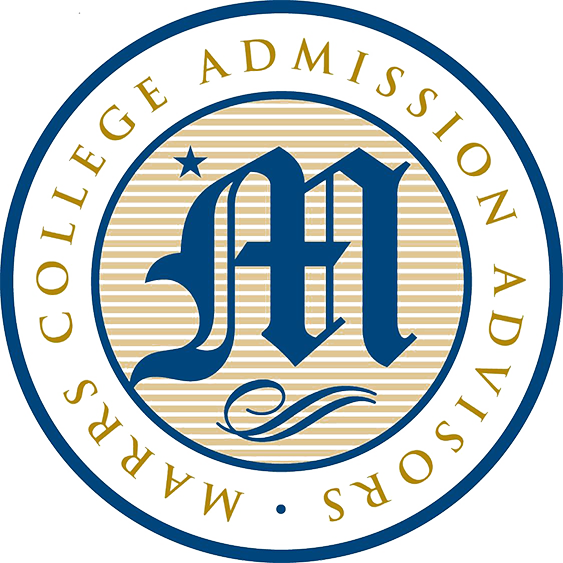College Highlight
Rhodes College
from the The Fiske Guide to Colleges
Since 1848, Rhodes College has been instilling the timeless values of truth and honor in Southern sons and daughters, and today increasing numbers of students from the rest of the country are discovering its charms. The school's honor code means exams are not proctored and backpacks are left unattended in the cafeteria. Its small size gives everyone an opportunity to take on leadership roles in campus clubs and organizations, and people are generally friendly. Throw in the college's proximity to Memphis's world-famous Beale Street, barbecue, and the blues, and it's clear that Rhodes offers a winning combination. "Rhodes students are generally fun-loving people with passions for academic advancement and community engagement," says a senior.
Rhodes was founded as a Presbyterian school in Clarksville, Tennessee, and it moved to a 100-acre campus in Memphis in 1925. Located in the residential midtown section of the city, Rhodes sits across from a 175-acre park housing the city's largest art museum, a golf course, and the Memphis Zoo, which has two giant pandas. Whether new or old, all campus buildings are Gothic in style, constructed of Arkansas fieldstone with leaded-glass windows and slate roofs. Thirteen of the original buildings are on the National Register of Historic Places. Robertson Hall, a $34 million science facility, opened in 2017.
The Rhodes general education curriculum features highly regarded three-course sequences known as The Search for Values in the Light of Western History and Religion, and Life: Then and Now. The Search sequence has been part of the Rhodes curriculum for nearly 75 years. To receive a Rhodes degree, students must select one of the two sequences and demonstrate proficiency in 12 areas that form the foundation of the liberal arts. These include being able to critically examine questions of meaning and value, developing excellence in written communication, and understanding how historical forces have shaped human cultures. A yearlong first-year seminar is also required of freshmen.
Like Davidson and Hendrix, Rhodes tends to attract white, Southern, middle- and upper-middle-class students; only 8 percent of freshmen qualify for Pell Grants, although minority enrollment is on the rise and students hail from 46 states. Twenty-four percent of students are Tennessee natives, and 3 percent are international. "Students tend to be friendly and motivated," a sophomore says. African Americans comprise 8 percent of the student body, Asian Americans 6 percent, and Hispanics 5 percent. "Representation for minority students is always a hot topic," a student says. Eligible students receive scholarships based on academic merit, and the average award is $22,403. There are no athletic scholarships.
Rhodes College students adore the school's solid academics and rich Southern tradition. "The Rhodes community is incredibly friendly and helpful," says a sophomore. The school's reputation is rising, within and outside the Southeast, leading to what one student calls "explosive growth in enrollment." What hasn't changed is the friendly vibe on campus and the eagerness of students, faculty, and staff to welcome you to the community.

